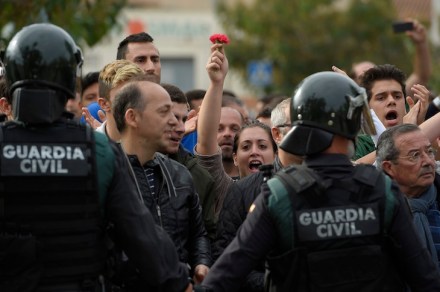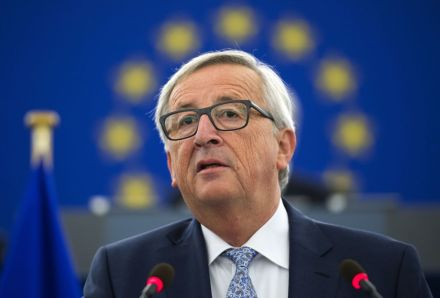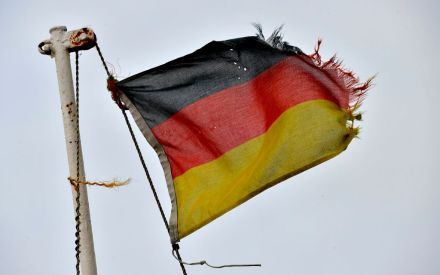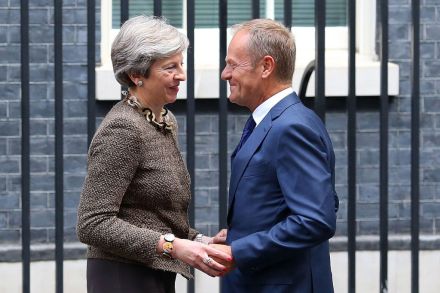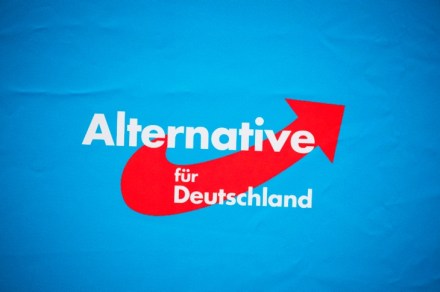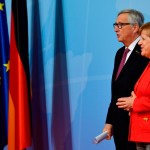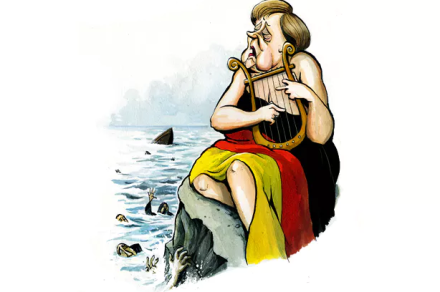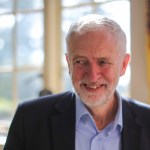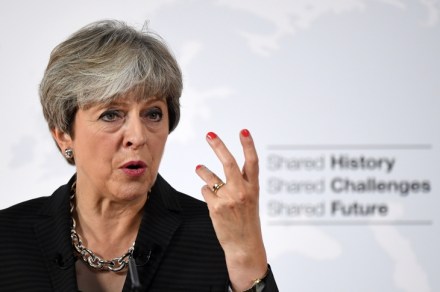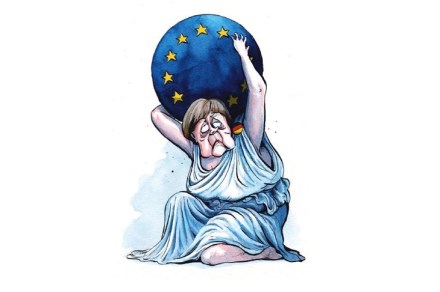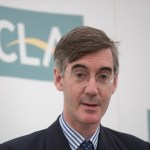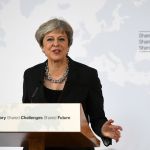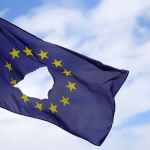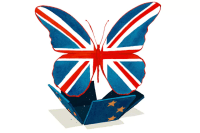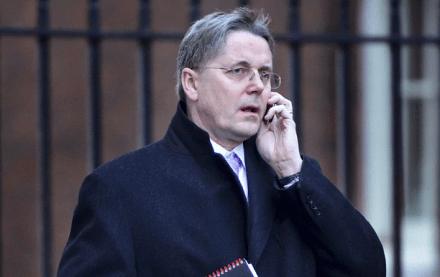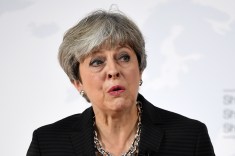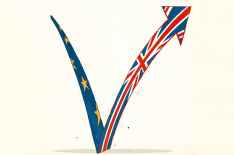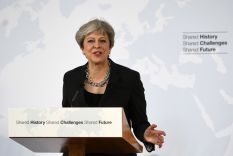Sadness and dismay: how Spain views the Catalan independence vote
In Barcelona civilians have been giving red carnations to policemen (a symbolic echo of the 1974 revolution in Portugal) but here in Extremadura today’s Catalan Independence vote has been greeted with a mixture of sadness and dismay. In the historic city of Caceres, balconies are festooned with Spanish flags – part of a nationwide demonstration of national unity (local newspapers are reporting that more Spanish flags have been sold here in the last few days than when Spain won the World Cup). In stark contrast to prosperous Catalonia, Extremadura has always been one of the poorest parts of Spain. A parched wilderness of scrub and stunted oaks and gnarled old
